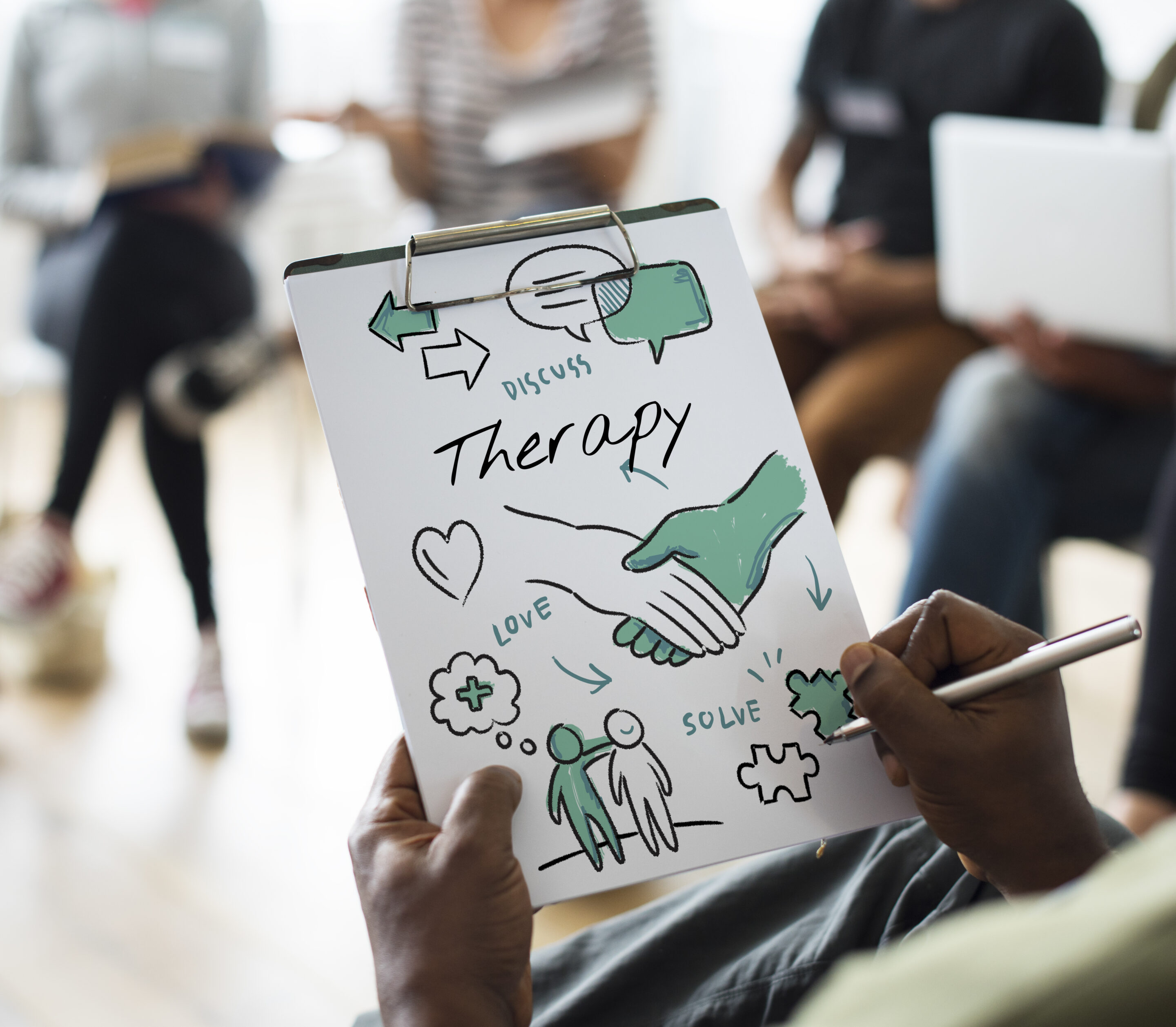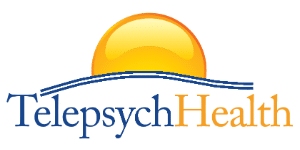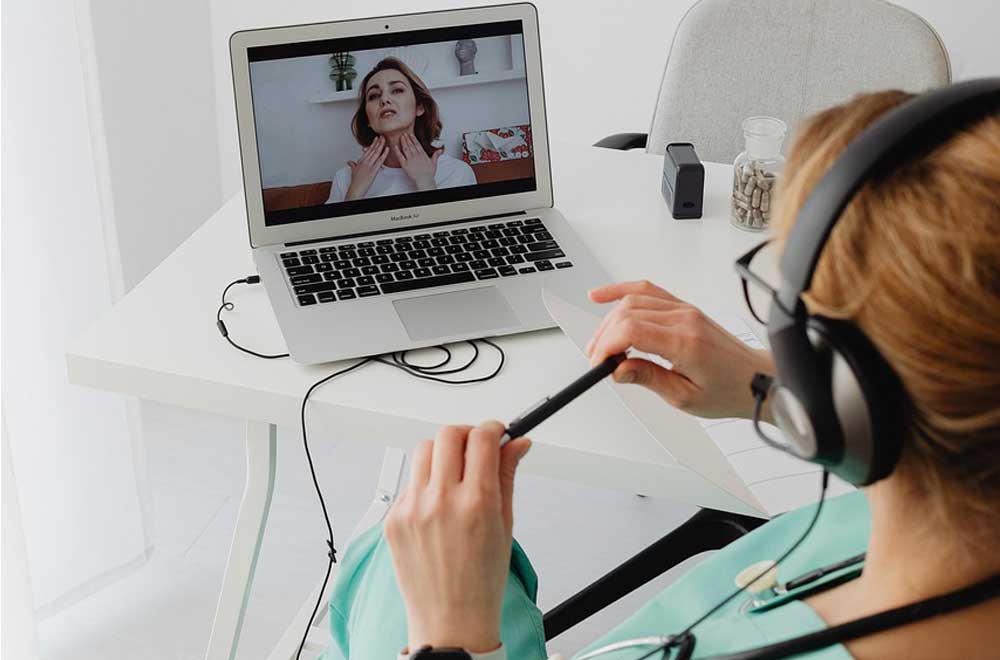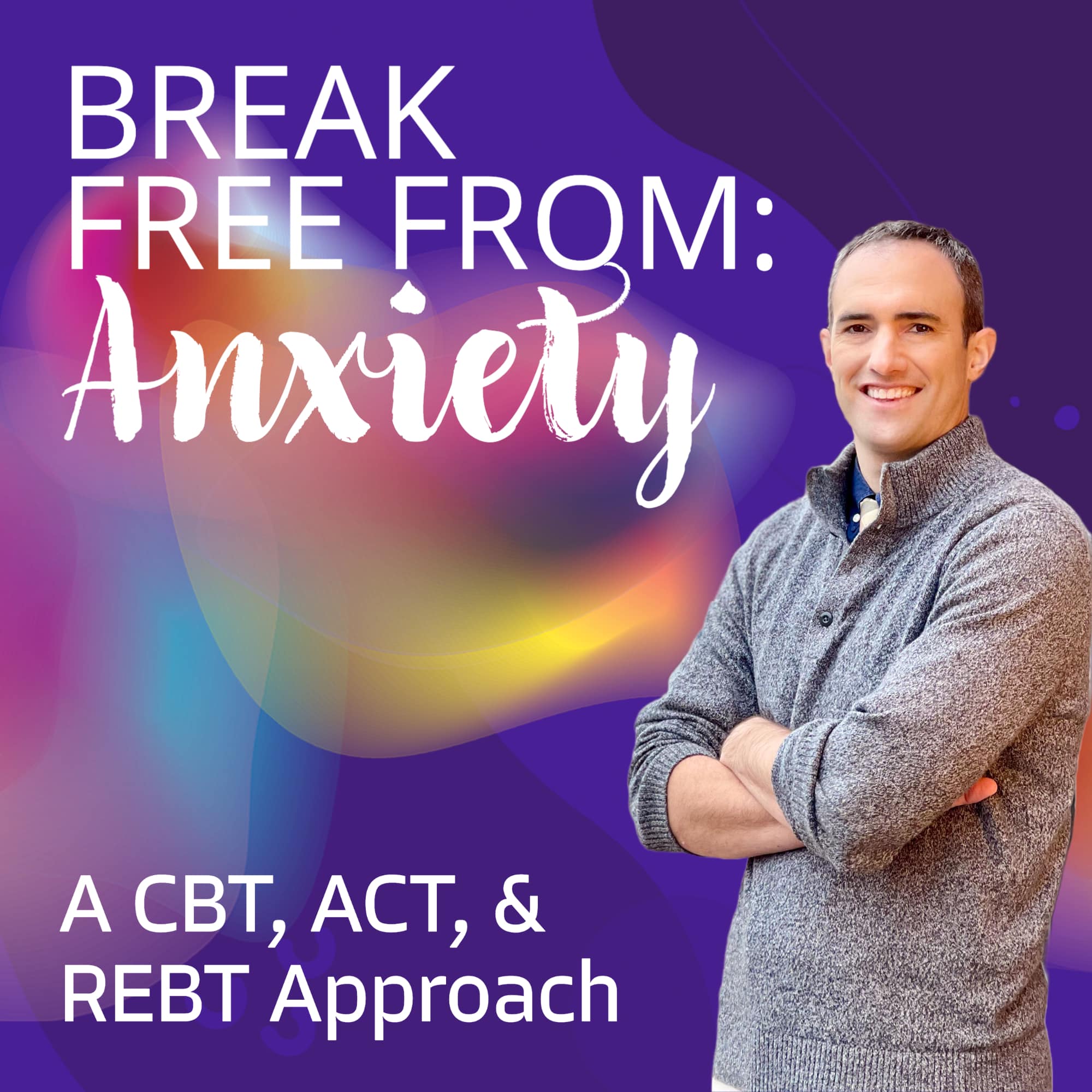Learning how to focus with ADHD is possible with the right tools, strategies, and support systems. From medical treatment to structured routines, focusing with ADHD requires a multifaceted approach tailored to individual needs.
KEY TAKEAWAYS
-
ADHD affects focus, attention span, and impulse control, but management is achievable.
-
Medication, therapy, and behavioral techniques can significantly improve focus.
-
Creating structure and limiting distractions helps maintain productivity.
-
Online psychiatric care offers accessible treatment and support.
-
Personalized strategies are essential for long-term success.

Living with ADHD (Attention-Deficit/Hyperactivity Disorder) often means navigating a world that feels overstimulating and chaotic. From forgotten tasks to difficulty staying on track, individuals with ADHD experience real challenges when it comes to focus and concentration. The good news is that there are ways to train the brain and establish habits that foster attention.
Understanding how to focus with ADHD begins with recognizing that ADHD is a neurodevelopmental condition—not a lack of willpower. Through evidence-based treatments, lifestyle adjustments, and digital support options like those offered at TelepsychHealth’s Managing Adult ADHD page, individuals with ADHD can learn to thrive.
Understanding ADHD and Its Impact on Focus
![]()

ADHD affects the brain’s executive functions—skills like organizing, planning, and managing time. People with ADHD may struggle to regulate attention, which can manifest as distractibility, hyperfocus, or task-switching. These challenges often interfere with productivity, relationships, and daily life.
The ADHD brain tends to crave stimulation, making it hard to focus on repetitive tasks while becoming overly absorbed in stimulating activities. Imbalances in neurotransmitters like dopamine and norepinephrine contribute to these attention irregularities.
At TelepsychHealth’s Non‑medication Treatments for ADHD, Dr. Bruce Bassi presents behavioral strategies—like the 5‑minute rule and sleep hygiene—to enhance attention without medication.
Medication and Its Role in Enhancing Focus
![]()

One of the most effective tools for managing ADHD symptoms is medication. Stimulant medications like methylphenidate (Ritalin) and amphetamines (Adderall) help increase dopamine and norepinephrine levels in the brain. This enhances attention span, reduces impulsivity, and supports task completion.
Non-stimulant alternatives like atomoxetine or guanfacine offer options for those who don’t respond well to stimulants. Medication management must be tailored and monitored by a psychiatrist experienced with ADHD.
TelepsychHealth’s Telepsychiatry overview explains how online medication management via secure video sessions can support consistent ADHD care in a convenient format.
Building Structure and Routine for Better Focus
![]()

Establishing a consistent daily routine is essential for improving focus. People with ADHD often do better when their day is predictable and organized, since routines create mental cues that help transition between tasks smoothly.
Practical tools such as calendars, reminders, and visual notes reinforce task management. For example, TelepsychHealth’s Therapy Archives provide insights into implementing time management and organization strategies.
Incorporating scheduled breaks is critical—mental fatigue from long periods of focus worsens ADHD symptoms. A balanced schedule helps the brain stay engaged and less overwhelmed.
Managing Distractions in a Digital World
![]()

Modern technology presents a unique challenge for people with ADHD. Notifications, multitasking, and constant digital stimuli can make focus nearly impossible. Therefore, managing the digital environment is vital.
Turn off non-essential notifications, use focus apps or browser extensions to limit distracting websites, and maintain a clutter-free workspace. Noise control with headphones or white noise can reduce cognitive overload.
TelepsychHealth’s “How to ensure a great telepsychiatry virtual visit” post offers practical advice on creating a distraction-free space—a skill that beautifully translates to work or study setups.
The Power of Therapy in Improving Focus
![]()

Therapy is foundational in managing ADHD. Cognitive Behavioral Therapy (CBT) helps identify and shift unhelpful thoughts and actions—particularly around procrastination, impulsivity, and confidence.
Therapy builds coping skills and stress-management techniques, providing a supportive space to address ADHD-related frustrations. At TelepsychHealth’s Blog section, you’ll find articles on ADHD, such as navigating executive function challenges, that underscore therapy’s role in focus improvement.
Mindfulness-based practices—like deep breathing, meditation, and grounding exercises—have been shown to calm the nervous system and heighten moment-to-moment awareness, skills that directly enhance attention.
Cerebellar Training and Focus Enhancement
![]()

Recent research highlights the role of cerebellar training—exercises that target the “little brain” region involved in attention and impulse control—as a promising adjunct therapy.
TelepsychHealth’s “Cerebellar Exercises in Training for ADHD” post details how neurofeedback, coordination games, and mindfulness can strengthen prefrontal-cerebellum connectivity and improve focus and working memory.
Applied regularly, these brain-based exercises complement CBT and medication to create a comprehensive ADHD focus strategy.
Family Involvement and Environmental Support
![]()

Living with ADHD impacts family, friends, and coworkers. Establishing a supportive ecosystem can enhance routine adherence and focus maintenance. Family therapy helps loved ones understand ADHD and provide consistent support.
Support groups, coaching, and accountability partnerships offer motivation and social reinforcement. At TelepsychHealth’s ADHD-substance intersection page, the interplay between ADHD and habits is explored, emphasizing the value of social support.
These external systems strengthen internal strategies, reinforcing focus through collaboration and accountability.
Helpful Tips for Staying Productive with ADHD
Set one major goal each day and break it into manageable steps. Use timers and scheduled rewards to maintain motivation and build healthy routine habits.
Summary
![]()
Mastering how to focus with ADHD involves combining medication, therapy, structure, brain training, and supportive environments. With a well-rounded strategy tailored to your needs, ADHD doesn’t have to hold you back. “Managing ADHD is about finding what works for you and staying committed to small, consistent changes,” says Dr. Bruce Bassi, M.D., a board-certified psychiatrist.
Contact us at (888) 730-5220 for a confidential consultation and get started on your path to healing.







